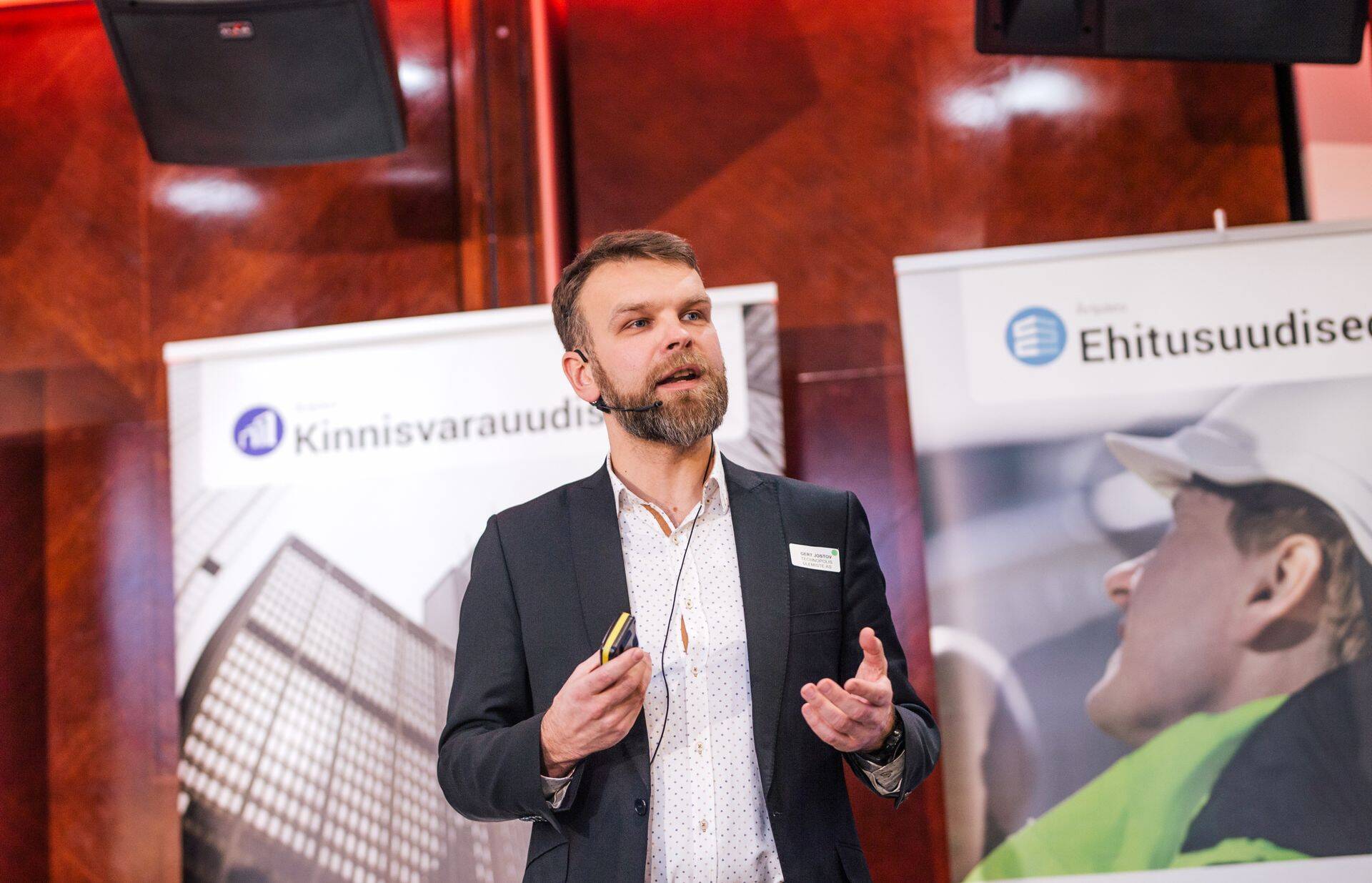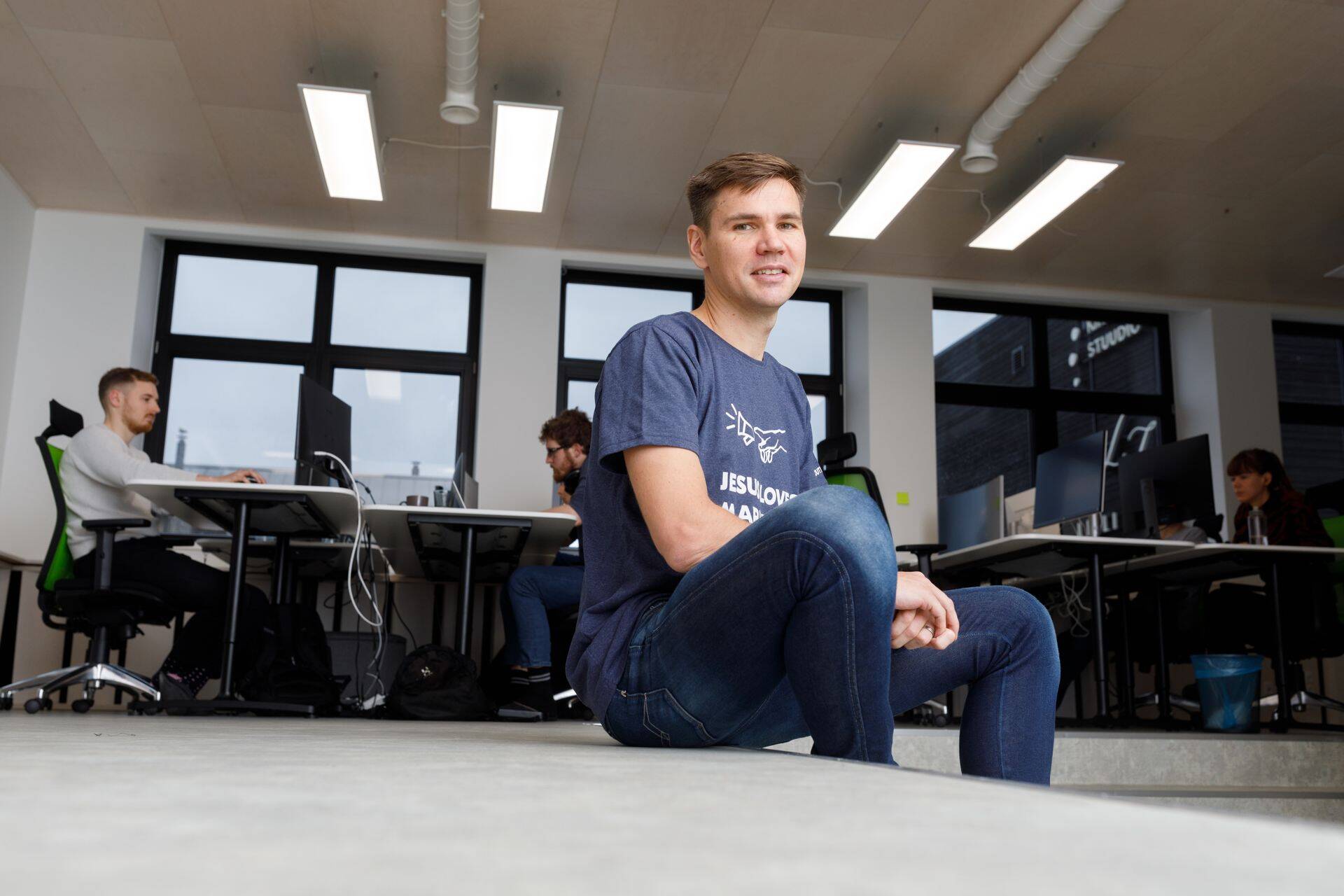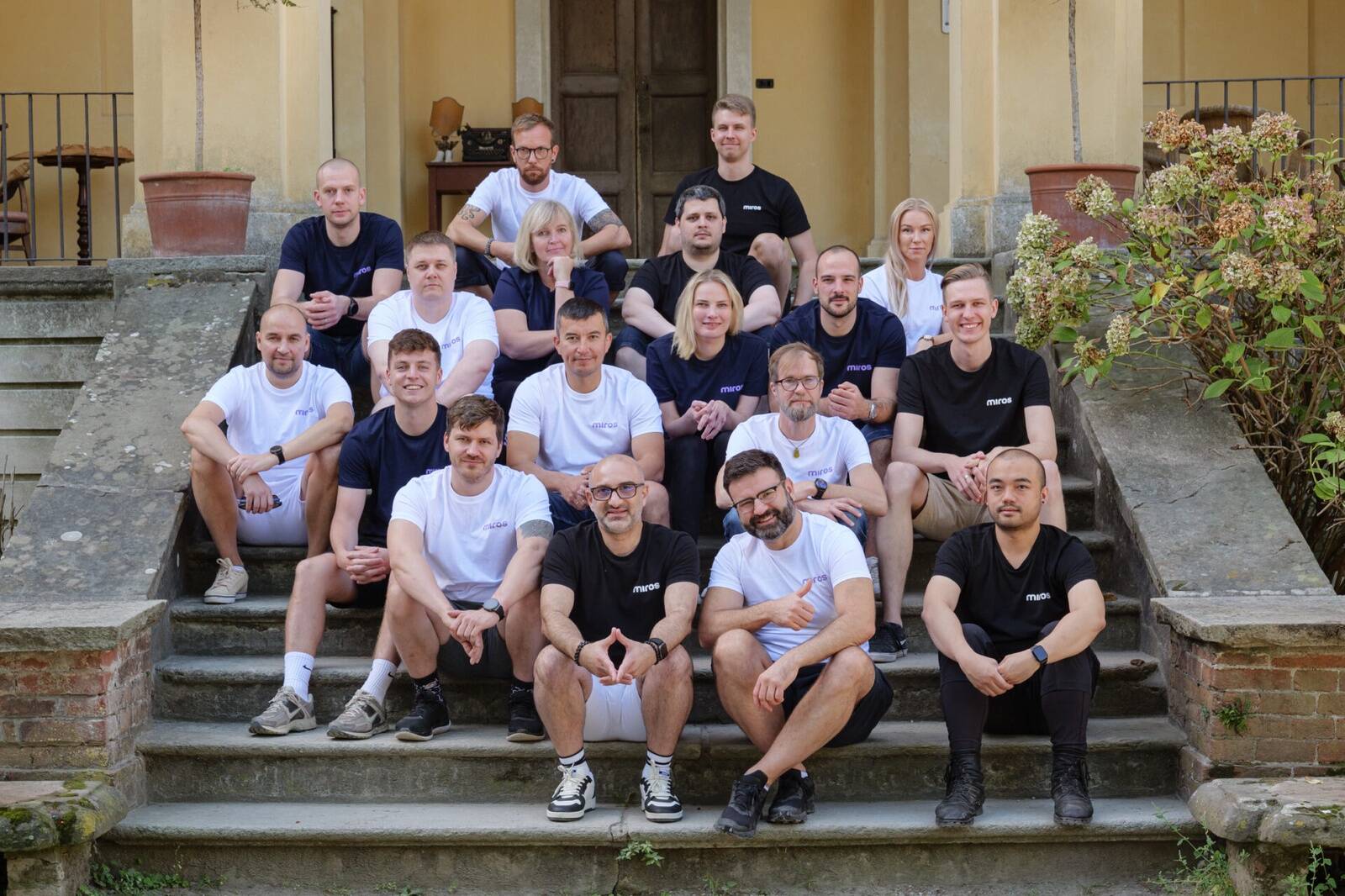- aripaev.ee
- ituudised.ee
- bestmarketing.ee
- kestlikkusuudised.ee
- kaubandus.ee
- finantsuudised.ee
- palgauudised.ee
- personaliuudised.ee
- raamatupidaja.ee
- toostusuudised.ee
- logistikauudised.ee
- ehitusuudised.ee
- kinnisvarauudised.ee
- pollumajandus.ee
- mu.ee
- imelineteadus.ee
- imelineajalugu.ee
- laanevirumaauudised.ee
- kalastaja.ee
- dv.ee
Tähelepanu! Artikkel on enam kui 5 aastat vana ning kuulub väljaande digitaalsesse arhiivi. Väljaanne ei uuenda ega kaasajasta arhiveeritud sisu, mistõttu võib olla vajalik kaasaegsete allikatega tutvumine
Valuations Decrease As The Crisis Deflates The Startup Sector
A sustainable startup retains its ability to raise money even in times of deep crisis, but company valuations decline and investor demands increase.
According to Gerri Kodres, startup community investor of the year, companies raising money today must consider that they are worth less today than before the corona crisis. "It goes hand in hand with the stock markets and in the startup world, it is even slightly more leveraged - if the stock markets rose by a few percent, the startup valuations rose more and the other way around," said Kodres.
Gert Jostov, CEO at Technopolis Ülemiste that is developing the Ülemiste City campus, says the decrease in startup valuation is natural during the crisis, because valuations are based on the future growth curve. "It used to be shaped like a hockey stick, but now we expect the growth to slow down as recovery of the crisis will take time. Adjustment of the market value is a completely natural process," he explained on Äripäev radio show "Unicorn Breeding Ground."
According to experts, the ability of startups to finance and raise funds is determined by a simple market logic. Changes in the supply of money require adjustments also to the demand side, which results in relaxing the requirements to the investors. "Angel investments have particularly dried up today and many investors are saving their money for short-term earning opportunities rather than startup investments," Kodres noted. "Volatile stock markets offer a good alternative today, but the investors have simply become more conservative, which also reduces the money supply."
The investor becomes demanding
According to Kodres, the decrease in the money supply is primarily reflected in the growing demands of investors. For example, investors are paying more attention to the sustainability of companies they are putting their money in. "Fast growth companies that burn a lot of money can find it difficult to get investments today," he said. "Before, we could see startups with a 10-20 percent burn rate, but now this is being looked at much more carefully."
The startups that failed to raise investment last year are likely to die. The leverage has clearly shifted to investors. A point of recommendation: raise money where you can, and do it quickly.
According to Jostov, those companies who are in the beginning of their fundraising round, are in the most difficult position. "It is clear that the uncertainty is high today and investors are postponing their investment decisions, while startups do not have time to wait for better times," he explained. "So they need to be prepared to lower their valuations in order to get an intermediate bridge financing to cover their runway until the next round."
In the crisis situation, takeovers may become more common. "For example, if a company runs out of money and cannot raise a new round, but the intellectual property has value - then a larger company may make a bid to buy it and the activity will continue under a new name," Kodres explained.
Hetkel kuum
Estonian startups in good shape
However, according to Kodres, Estonian companies are rather well positioned today. "Our startups are thinking about earning margins from early on and are looking for a reasonable cost to revenue ratio," he said. It is also in the nature of startups to make rapid changes if necessary. "Startups are used to working in conditions of high stress and with few resources, for example, if a traditional company has to spend time and money on changing its business model as well as work processes, then startups don’t have to change their working methods that much," said the expert.
Experts are convinced that the ability to adapt fast with the new situation brings advantage. All companies need to reorganize their services for the short term. "Companies that have been selling through face-to-face meetings are now forced to adapt to virtual sales channels in a very short time," Kodres noted.
Do the unthinkable
At the same time, costs must be cut. "If the startup is already generating revenue, it should adjust to a minimun cash outflow to withstand a period of six months to a year," said Jostov. "The alternative is to change the focus of activity to match new sales channels - in any case the goal is to survive," he added to the solution previously proposed by Kodres.
According to Jostov, cost savings for many startups mean, among other things, laying off employees and cutting wages. "Some time ago, all this seemed unthinkable, at least in the IT sector, but now it serves the purpose of extending the cash flow for survival of the company," Jostov explained. "So this sacrifice is justified."
50 percent of Estonian startups have only five months of runway, according to a survey among Estonian startups.
Jostov stressed that difficult decisions must be made as soon as possible. "Relocation of people in the sector grows motivation and in the end the sector as a whole wins," the expert is convinced. "If a company has a runway of four months without reducing costs and laying off people would increase it to a year, then it should be done – even if it means giving up growth, because ensuring survival is more important," Kodres added.
According to Kodres, some sectors are surviving today's crisis better than the others. "Today, the sectors involved in the development of communication and remote work can expect to receive and make investments, but they must also keep in mind that money can not be spent at the same pace as some time ago," he said.
The article published in Estonian in Äripäev.
...
FoundME is inviting you on board of a weekly newsletter that will bring you the news and opinion stories from the Estonian startup scene. - Subscribe to FoundME newsletter HERE!
Seotud lood
Tänapäeva veebipoed näevad välja väga erinevad sellest, mis nad olid oma lapseeas, 2000. aastate algul. Üks aspekt on siiski jäänud üllatavalt muutumatuks: navigeerimisloogika. Just sellest stagnatsioonist on võtnud nõuks e-kaubandust välja tuua Eesti startup Miros.
Enimloetud
4
Viimased uudised
Hetkel kuum
Liitu uudiskirjaga
Telli uudiskiri ning saad oma postkasti päeva olulisemad uudised.
Tagasi FoundMe esilehele











